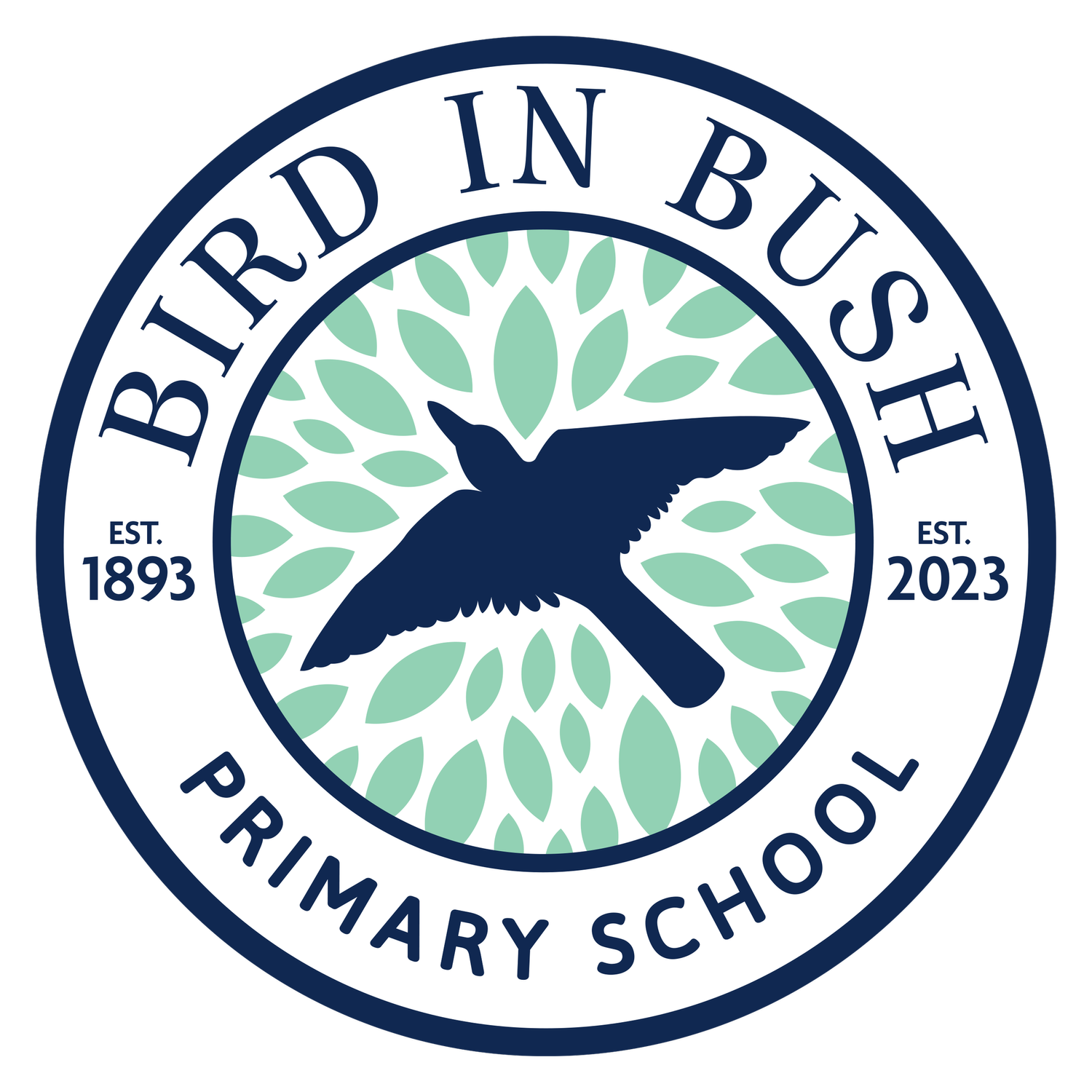Geography
Alike to our History curriculum, the approach at Bird in Bush School to the teaching of Geography is guided by the school’s planning and progression documents that are built around our aspirations that our curriculum must seek to develop pupils’ geographical enquiry.
Aims:
Our aims for our Geography Curriculum include:
Well-constructed and well-taught lessons providing pupils with opportunities to research and apply skills independently – skills essential for lifelong learning.
Pupils leaving at the end of their primary education with a strong knowledge of their local area and a confidence of the location of other countries and cities around the world.
Pupils able to discuss and recall a variety of events and where they happened in the world, as well as explain aspects of human and physical geography and confidently use maps and atlases (physical and digital).
Knowledge and skills will have developed progressively to not only enable them to meet the requirements of the National Curriculum but to prepare pupils to become competent geographers in secondary education.
We want pupils to have thoroughly enjoyed learning about geography, therefore encouraging them to undertake new life experiences now and in the future.
Intent:
Reflecting the importance of global changes affecting the world in which we live, it is our intention that the study of Geography encompasses these issues. Geography will help pupils to raise and answer questions about the Natural and Human worlds. It will enable pupils to think critically about the impact human activity has on the natural world, cities and population amongst others. It will spark pupils’ curiosity about places and people. It will promote knowledge, interest and fascination about diverse places, their differing natural geography, human environments and resources. Geography at Bird in Bush School will help pupils to become knowledgeable citizens, concerned about the future of the world, able to understand key geographical concepts and skills and aware of the connections that exist between people and places.
Implementation:
Through the National Curriculum framework, Geography within the Bird in Bush is taught using a topic based curriculum and aims to ensure that all our pupils. Our approach will see opportunities for pupils such as:
participating in fieldwork activities which promotes geographical knowledge and understanding by bridging the divide between the classroom and the real world.
working in a supportive and collaborative learning space which fosters investigative and enquiry based learning
using and applying geographical vocabulary which is appropriate and accurate and which develops and evolves from EYFS to KS1 and through to KS2
collecting, analysing and presenting a range of data, gathered through experiences of fieldwork, to deepen understanding of geographical processes
interpreting a wide range of sources of geographical information, including maps, diagrams, globes and aerial photographs
communicating geographical information in a variety of ways, including through maps, numerical and quantitative skills and writing at length
participating in activities which promote a greater understanding of their place in the world, and their rights and responsibilities to other people and the environment
Impact:
We use a variety of strategies to evaluate the knowledge, skills and understanding that our children have gained in each half-termly unit:
CPD to ensure that teacher pedagogy and assessment is secure.
regular feedback marking and pupil voice feedback.
subject monitoring, including book looks.
regular low stakes knowledge assessments, using a range of creative approaches.
Cross- moderation to ensure secure teacher judgements.
Enrichment:
We maximise children’s Geography learning through providing them with a range of rich, memorable experiences. These include: field trips to the River Thames, local parks, local London locations and places such as outdoor centres and museums; links with local businesses and people, e.g. visits to our local market; visitors and workshops in-school.

